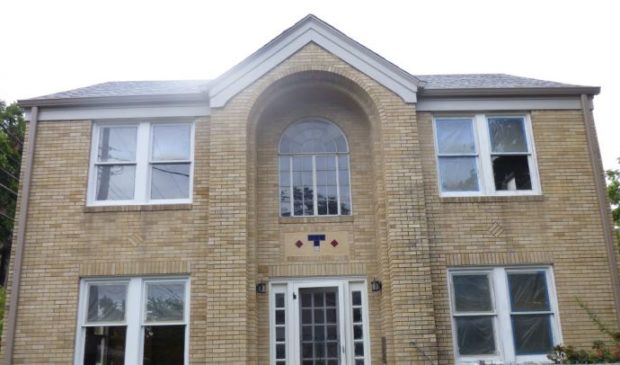About the Author
Jo Clifton is the Politics Editor for the Austin Monitor.
Newsletter Signup
The Austin Monitor thanks its sponsors. Become one.
Most Popular Stories
- Austin opens new affordable housing development in Southeast Austin
- Landmark commission says goodbye to Nau’s Enfield Drug
- Congress Avenue transformation plan gets support from Urban Transportation Commission
- After a decline last year, Travis County homeowners should expect a return to rising property taxes
- Ryan Alter and colleagues propose revision of boards and commissions
-
Discover News By District
Key Players & Topics In This Article
Austin City Council: The Austin City Council is the body with legislative purview over the City of Austin. It offers policy direction, while the office of the City Manager implements administrative actions based on those policies. Until 2015, the body contained seven members, including the city's Mayor, all elected at-large. In 2012, City of Austin residents voted to change that system and as of 2015, 10 members of the Council are elected based on geographic districts. The Mayor continues to be elected at-large.
historic preservation: Official actions of a municipality such as the City of Austin taken to preserve structures with their jurisdiction. Preservation is often accompanied by a property tax exemption.









